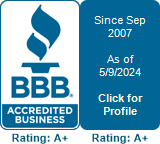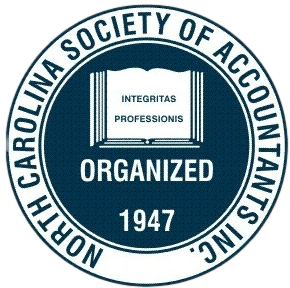Does Your Growing Business Need an Accounting Controller?

Is your business growing? Could you use help managing the money, planning for the future, and ensuring that the company meets its legal and ethical obligations? Then you might need to hire a controller for the business. What is a controller in the accounting world, and what can they do for you? Discover a few answers.
What Is a Controller?
In the accounting industry, the position of controller is a managerial accounting role. The controller oversees accounting staff - including data entry clerks, mid-level technicians handling day-to-day accounts receivable or payable, and payroll practitioners - and reports to management. They take what the accounting staff does and roll it upward into usable information that leadership can use to steer the ship.
How Does a Controller Differ From Others?
Controllers do a variety of work, but they generally don't do a lot of data entry and lower-level analysis. Instead, they would design the processes others use and then delegate and direct the work that gets done. They do, though, oversee things so as to ensure quality standards are being met at all levels.
That doesn't mean that a controller is the same as an accounting manager or a CFO (Chief Financial Officer) either. Accounting managers are less likely to have the deep accounting background or advanced degrees (such as a CPA license) as a controller. And the CFO is a managerial position that has much less dayto-day interaction with staff and transactions.
How would a controller fit, then? Consider the preparation of financial statements. Clerks or technicians do data entry and are trained to perform auditing procedures to verify the accuracy of the data. The controller would answer specific questions from the clerks about the data and analyze the completeness of the resulting financial statements. They then meet with a CFO or management about the statements.
What Can a Controller Help You Do?
Because the hiring of a controller is another expense for any small business, you should understand what you get in return. First, the controller is a skilled accountant who knows how bookkeeping and accounting work should be done in line with ethics, IRS standards, and industry norms. Their job is to give you confidence that things are done the right way.
The controller also manages staff. As your accounting needs grow, staffing needs also grow. If you've managed people directly, you will likely need to start hiring others to run departments for you. A controller has experience working with teams and managing individuals as well as understanding accounting issues, so they are the ideal person to oversee this vital and unique department.
Finally, the controller helps plan for the future. A bookkeeper's job is to deal with what has already happened and what is happening right now. They enter transactions that have already occurred and make reports about the immediate future. A controller, though, helps draft plans for the next month, quarter, year, and even decade. They then work with management to implement plans and boost growth.
Can You Get a Part-Time Controller?
If you think the company could use this type of manager over your accounting work, you may still be held back by the cost of hiring such a skilled manager. The good news is that you can still have the benefits by hiring an accounting service that offers part-time controller services.
At Quality Bookkeeping Services Inc. , we offer bespoke business consulting that includes outsourced controller services. We can design a program for your business that meets its long-term planning needs, ensures accurate procedures, and builds a team atmosphere. Call today to make an appointment and learn more.












